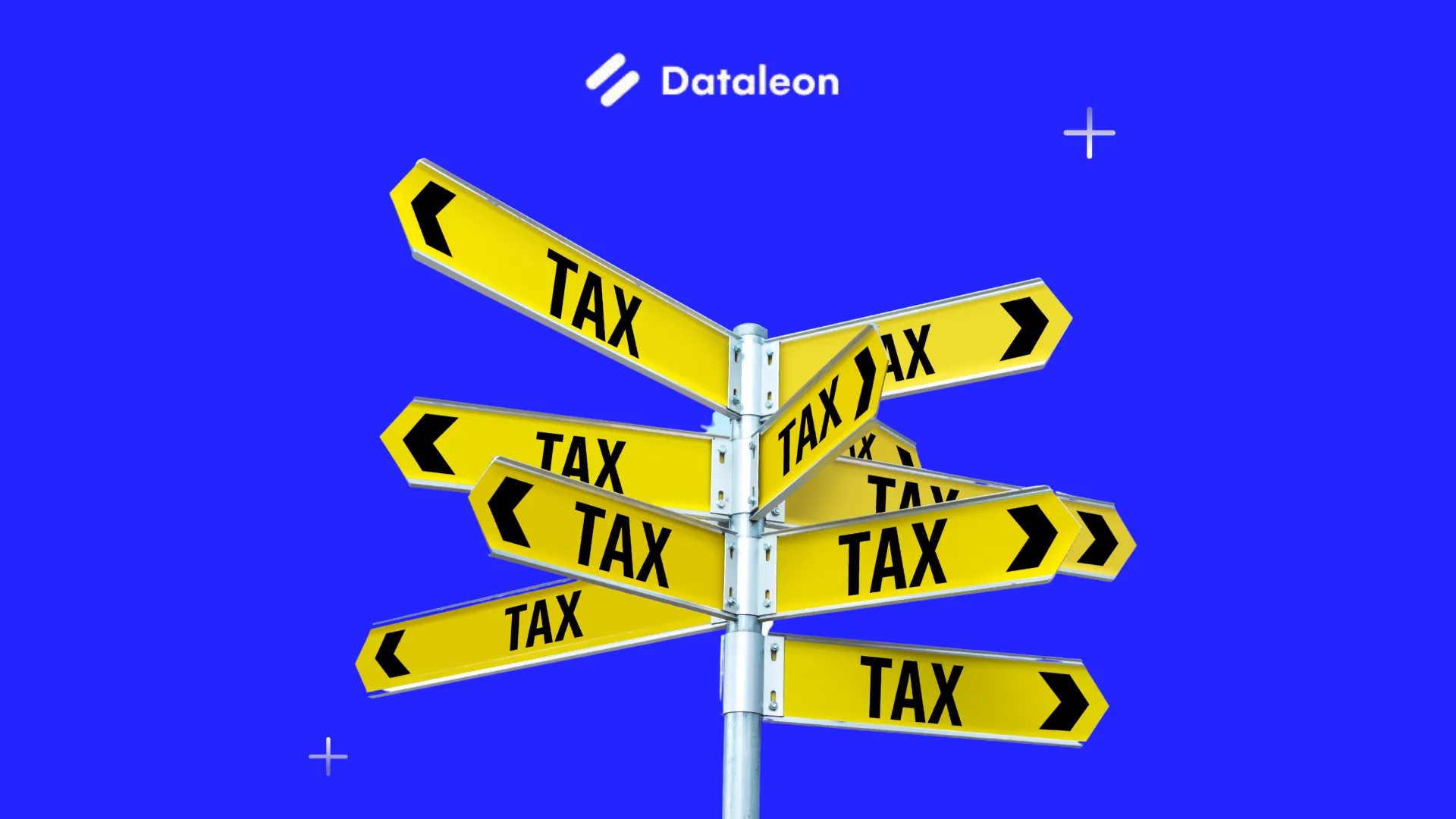Understanding the differences between tax regimes for businesses in France
Choosing the right tax regime in France is vital. Discover options, ensure compliance, make strategic decisions, and position your business for lasting success.



Choosing the right tax regime in France is vital. Discover options, ensure compliance, make strategic decisions, and position your business for lasting success.

When it comes to running a business in France, understanding the different tax regimes is crucial. Different tax regimes have different rules, obligations, and benefits for businesses. In this article, we'll explore the differences between the main tax regimes for businesses in France and help you determine which one is best suited for your needs.
In France, there are three main tax regimes for businesses: micro-entreprise, régime réel simplifié, and régime réel normal. Each regime has its own rules and obligations, which we'll explore in the following sections :
The micro-entreprise regime is designed for small businesses with low turnover. It's the simplest and most flexible tax regime, and is ideal for businesses just starting out. Under this regime, businesses benefit from simplified bookkeeping, lower tax rates, and no VAT obligations for the first few years of operation. However, there are some restrictions on the types of businesses that can opt for this regime.
One of the key advantages of the micro-entreprise regime is that it's very easy to set up and maintain. Businesses that opt for this regime don't have to keep detailed accounting records and can benefit from a simplified tax system. However, there are some limitations to this regime. For example, businesses cannot exceed certain revenue thresholds, and they cannot deduct certain expenses from their taxes.
The régime réel simplifié is a tax regime for businesses with turnover between €82,000 and €818,000. This regime requires more detailed bookkeeping and accounting, but offers more tax deductions and exemptions than the micro-entreprise regime. Businesses under this regime can also opt for VAT exemption or VAT payment, depending on their needs.
Businesses that opt for the régime réel simplifié have to keep detailed accounting records, including a balance sheet and profit and loss statement. They also have to file quarterly tax returns and comply with various tax rules and regulations. However, this regime offers more tax deductions and exemptions than the micro-entreprise regime, making it an attractive option for businesses that want to reduce their tax burden.
The régime réel normal is the most complex tax regime, designed for large businesses with turnover exceeding €818,000. Under this regime, businesses must keep detailed accounting records, file tax returns on a monthly or quarterly basis, and comply with strict tax rules and regulations. However, businesses under this regime can benefit from a wide range of tax deductions and exemptions, making it an attractive option for some businesses.
Businesses that opt for the régime réel normal have to maintain detailed accounting records, including a balance sheet, profit and loss statement, and cash flow statement. They also have to file monthly or quarterly tax returns and comply with various tax rules and regulations. However, this regime offers more tax deductions and exemptions than the other two regimes, making it an attractive option for large businesses that want to minimize their tax burden.
Choosing the right tax regime for your business depends on various factors, such as your business size, turnover, and accounting needs. It's important to consider the benefits and obligations of each regime before making a decision. You can also seek advice from an expert comptable to help you determine which regime is best suited for your business.
In general, small businesses with low turnover are better suited for the micro-entreprise regime, while larger businesses with higher turnover and more complex accounting needs are better suited for the régime réel simplifié or régime réel normal. However, each business is unique and there may be exceptions.
In summary, understanding the different tax regimes for businesses in France is crucial for running a successful business. The micro-entreprise regime is ideal for small businesses with low turnover, while the régime réel simplifié and régime réel normal are better suited for larger businesses with more complex accounting needs. By choosing the right tax regime for your business, you can minimize your tax burden and comply with French tax rules and regulations. It's always a good idea to seek advice from an expert comptable to ensure you're making the best decision for your business.
Dataleon can help you bring your images and documents to life with ease.
Test the platform for freeContact us.svg)
Try 15 days
.svg)
No credit card
.svg)
Cancel Anytime